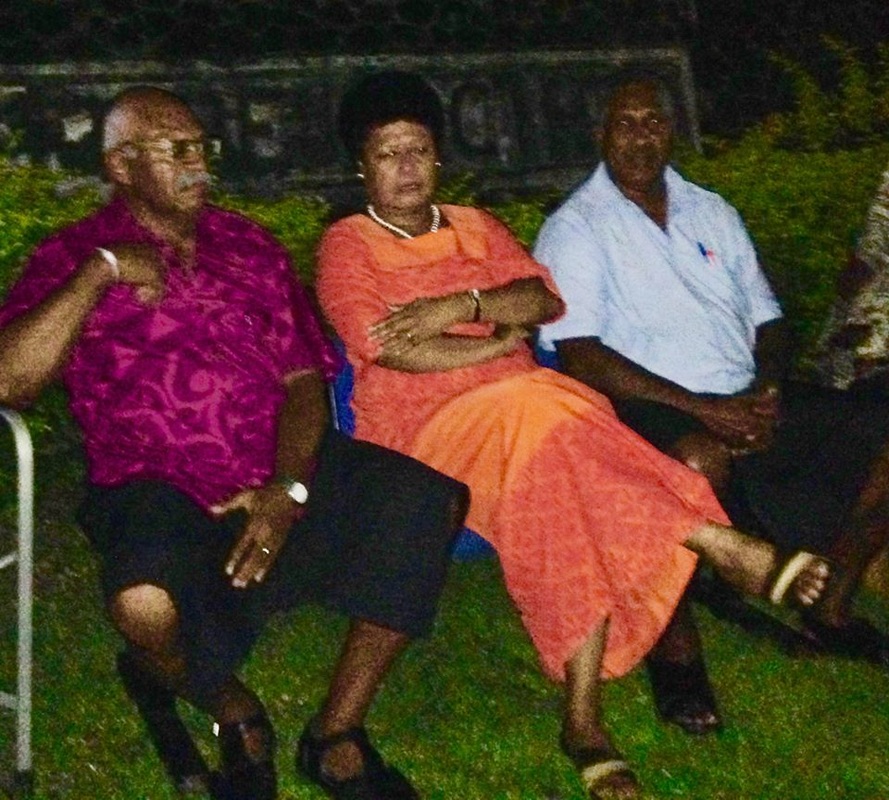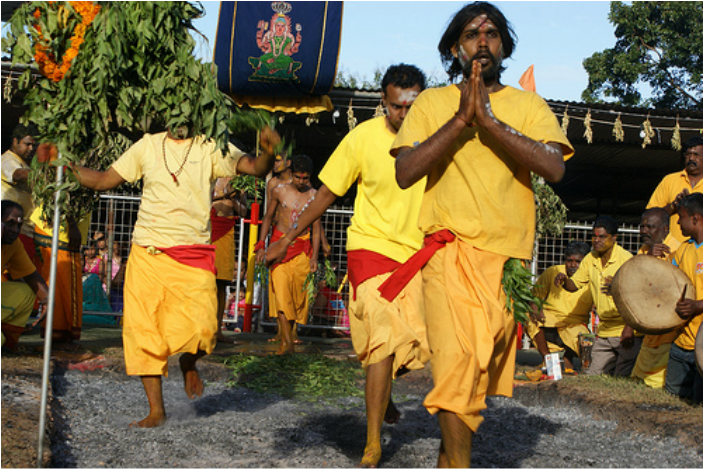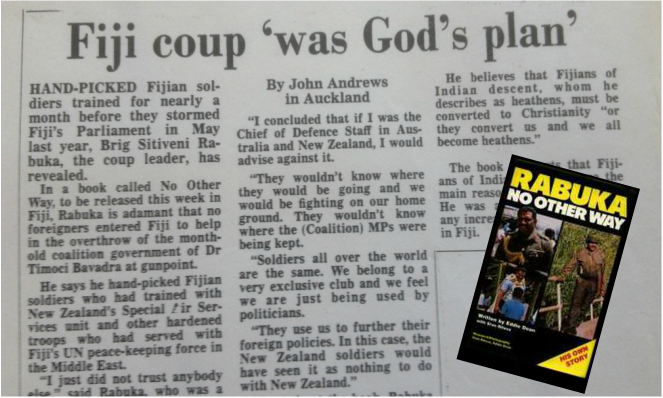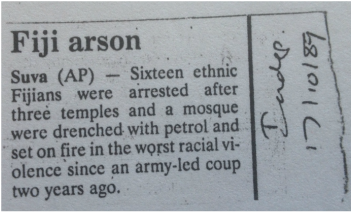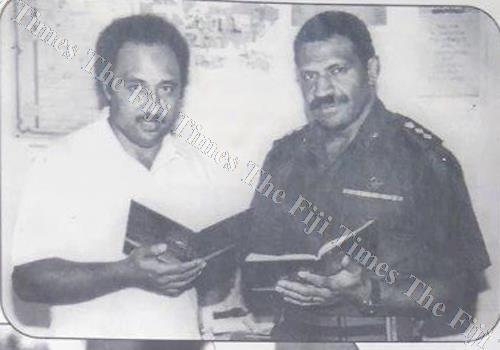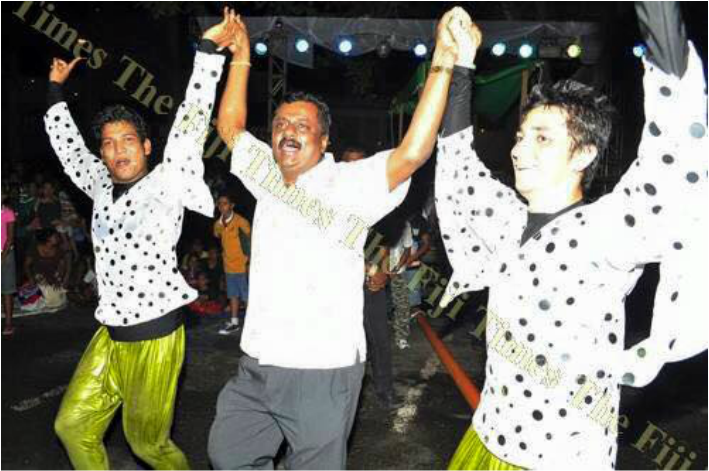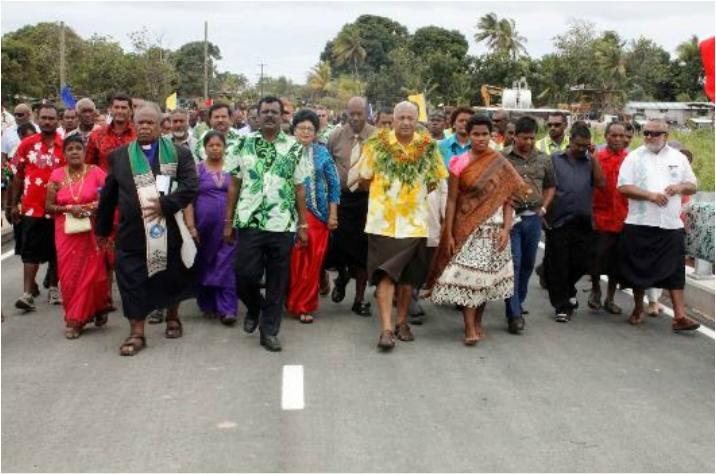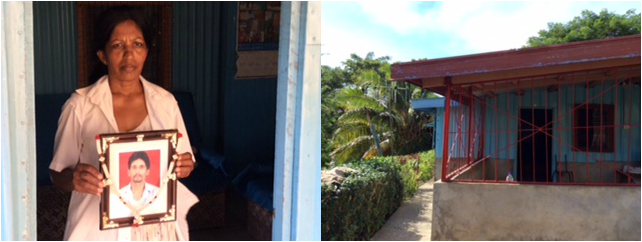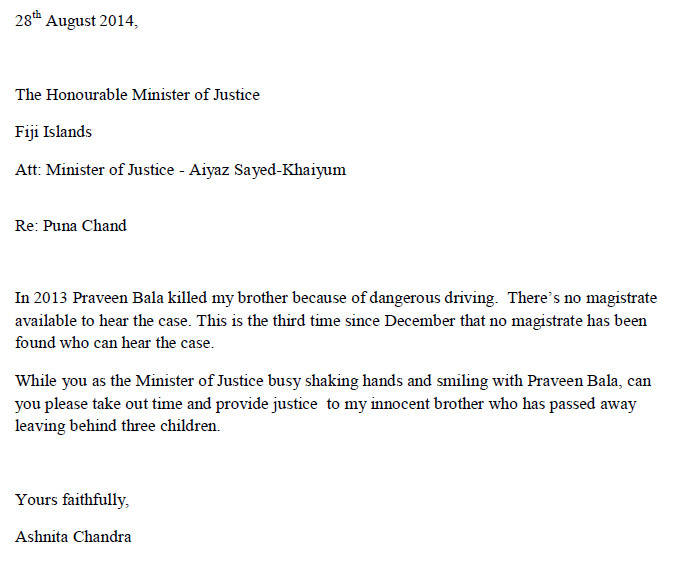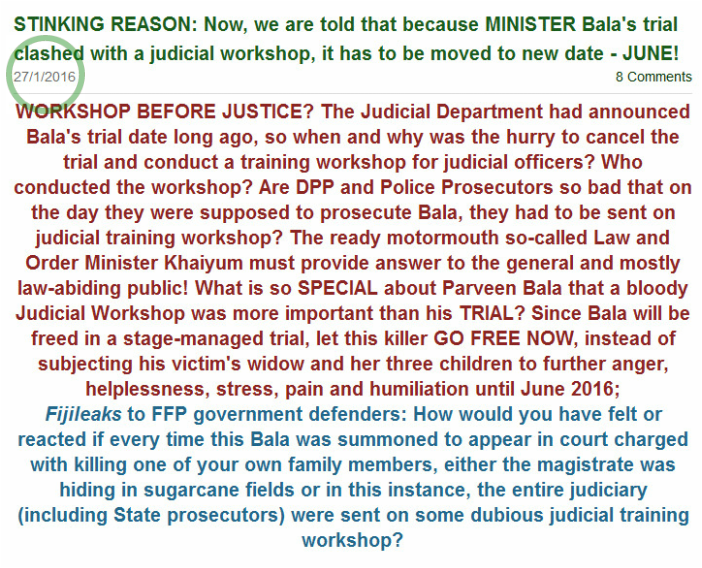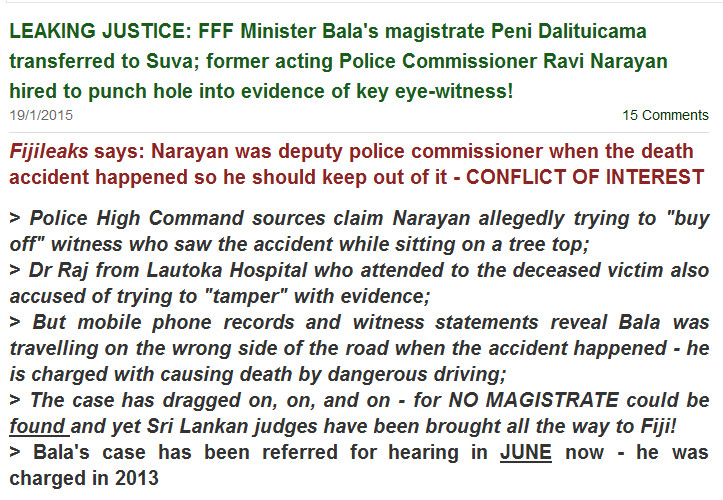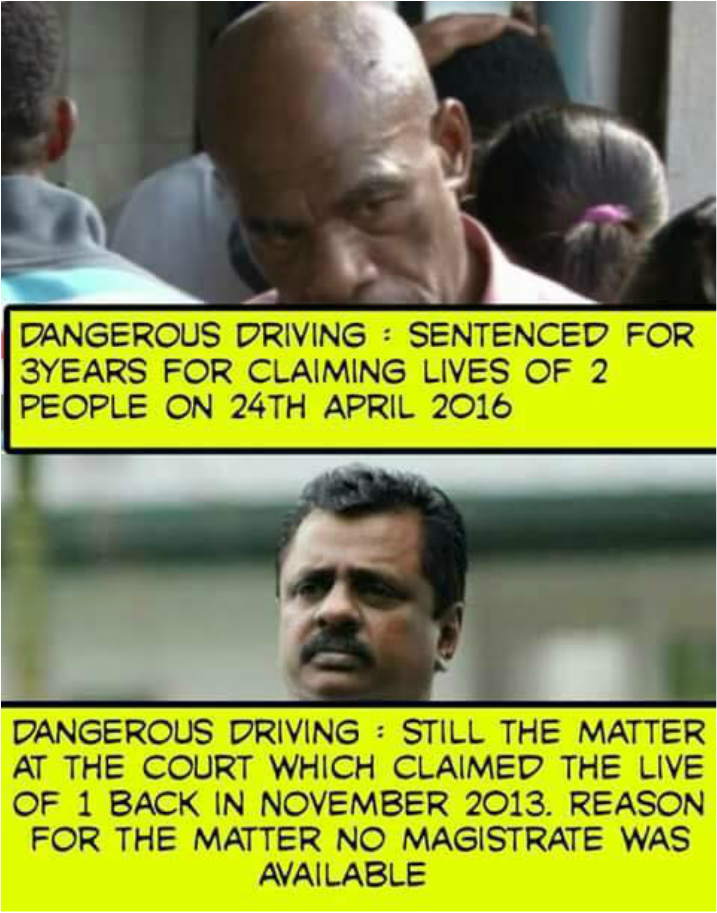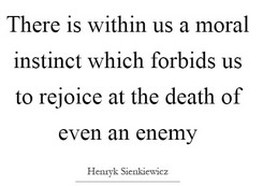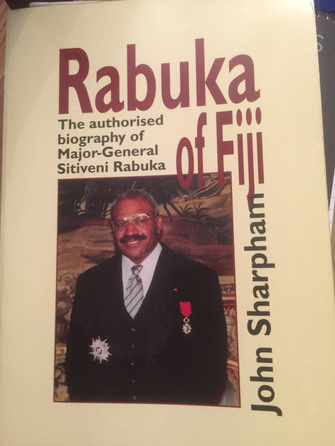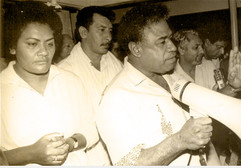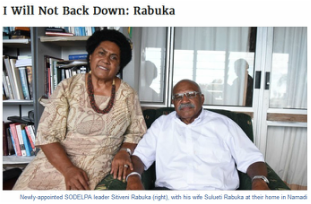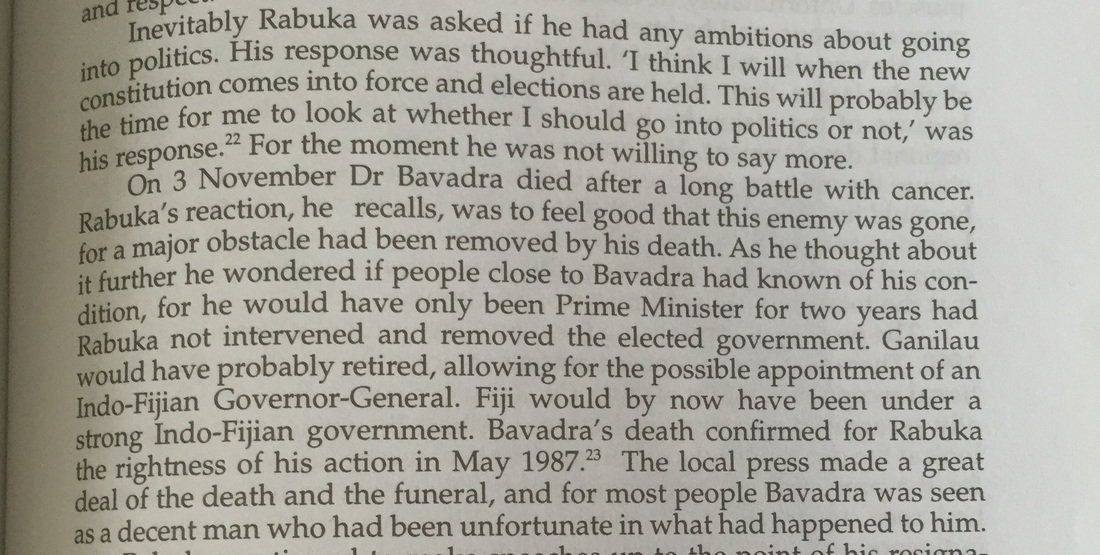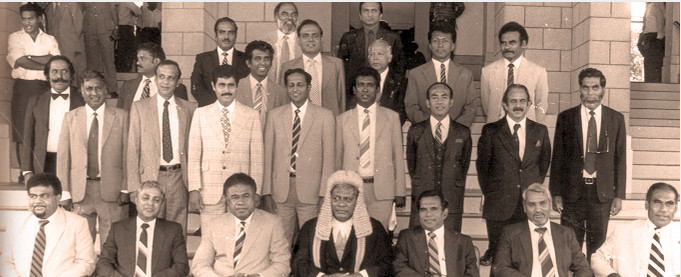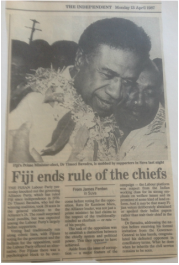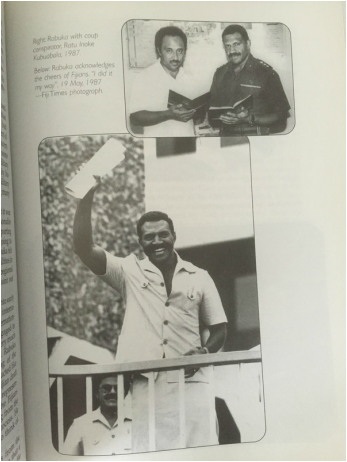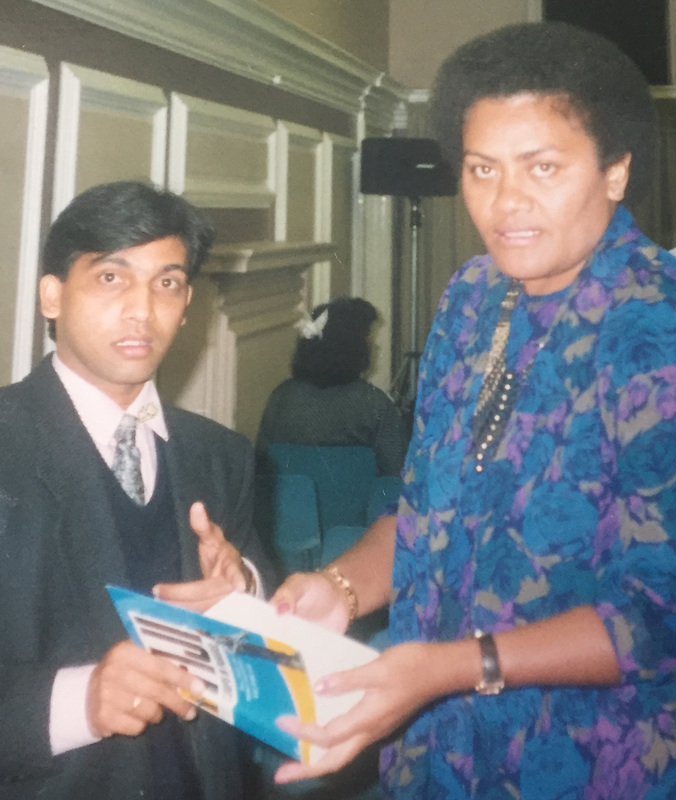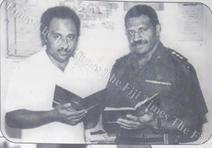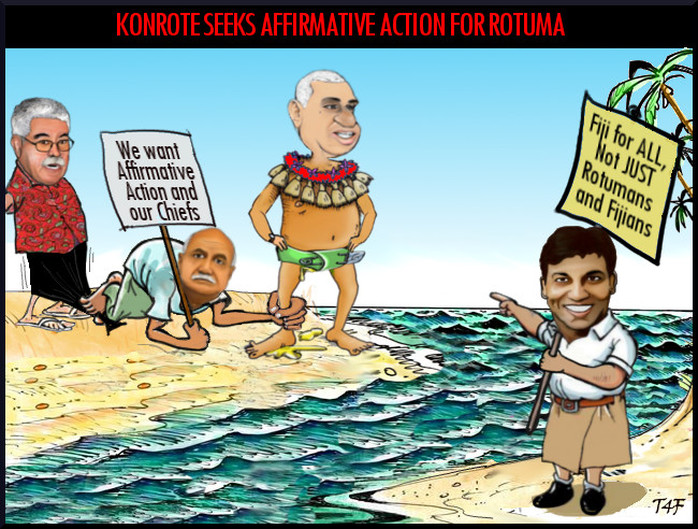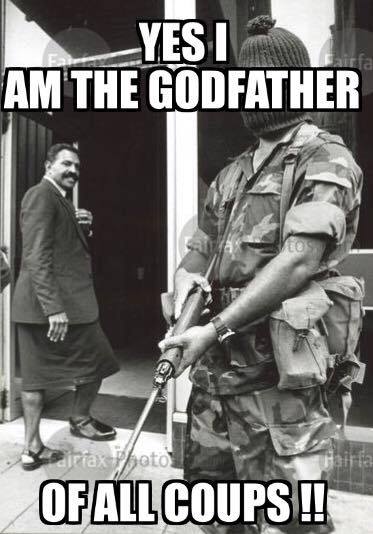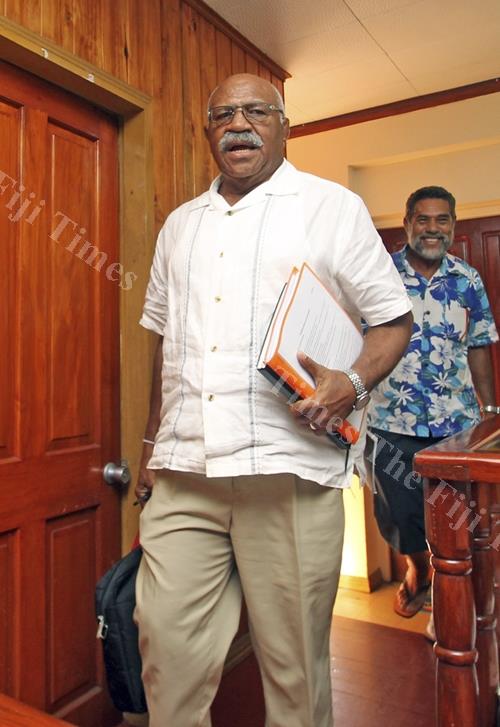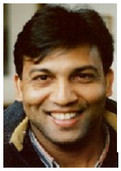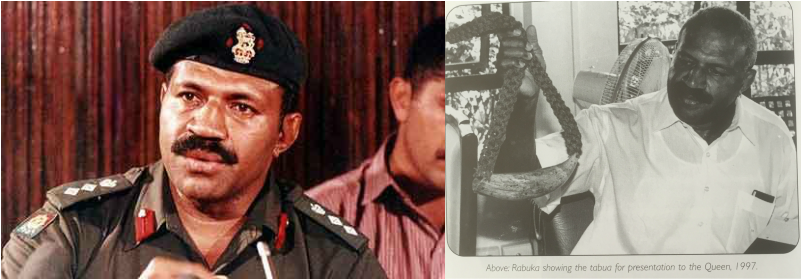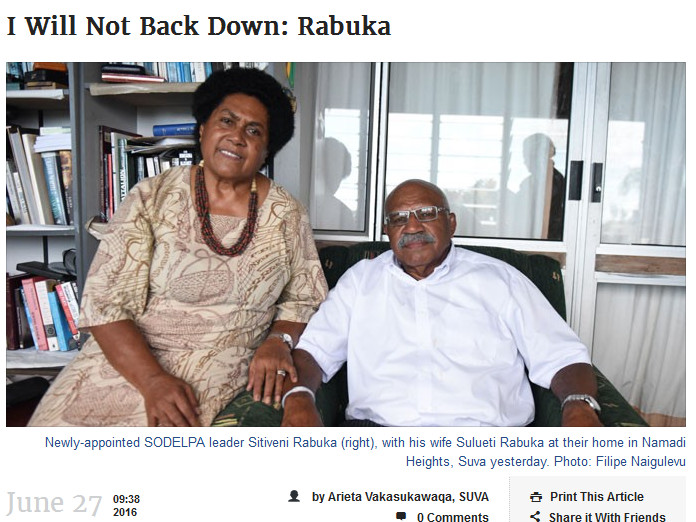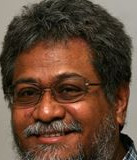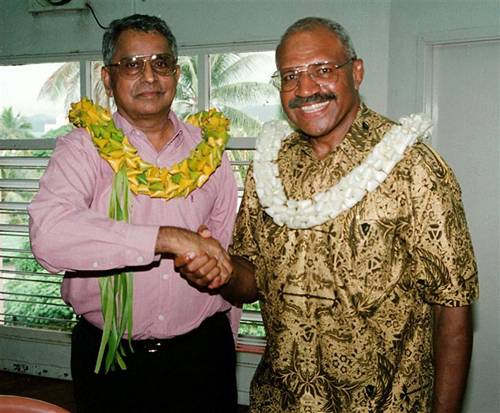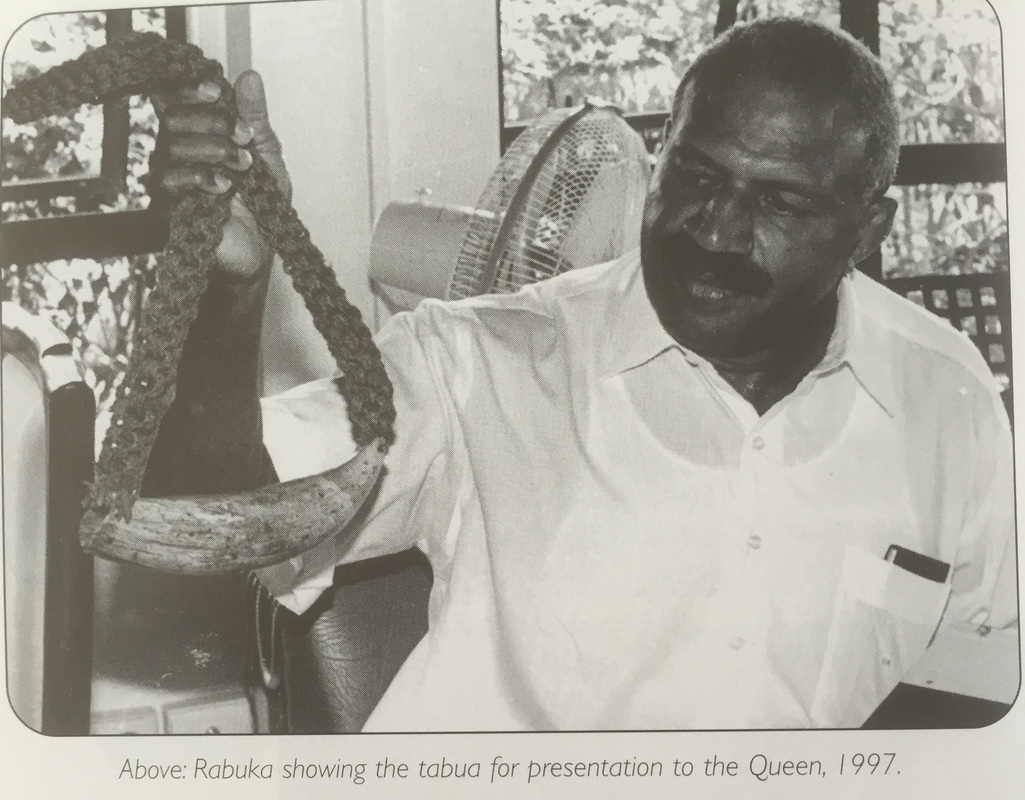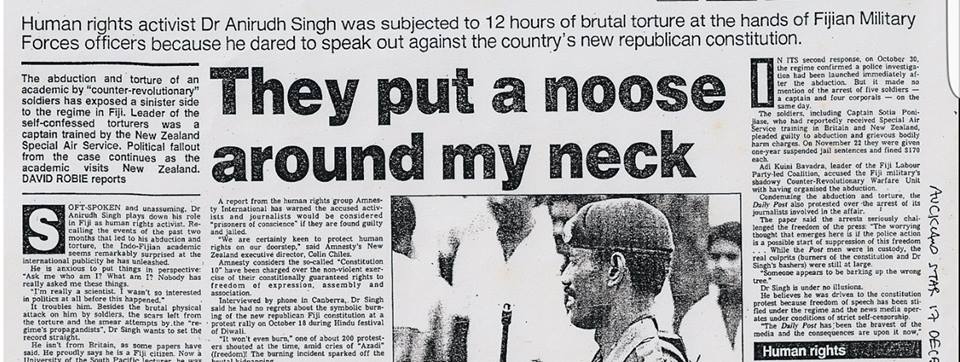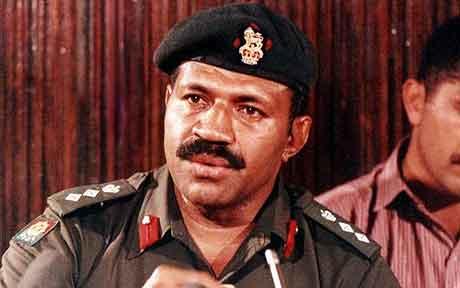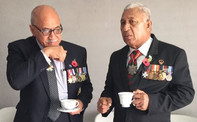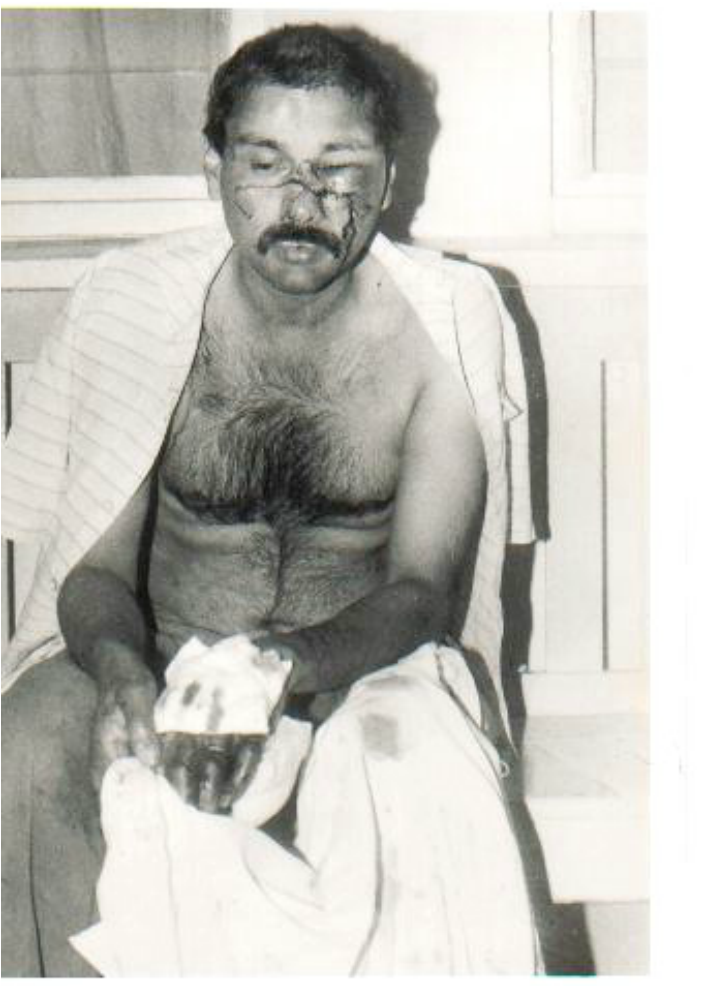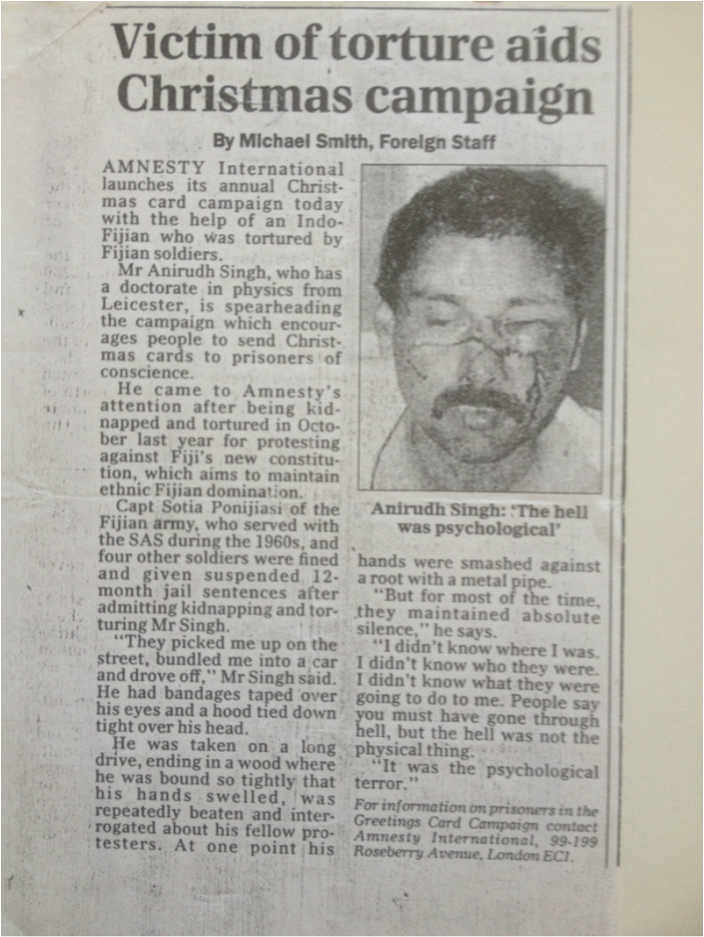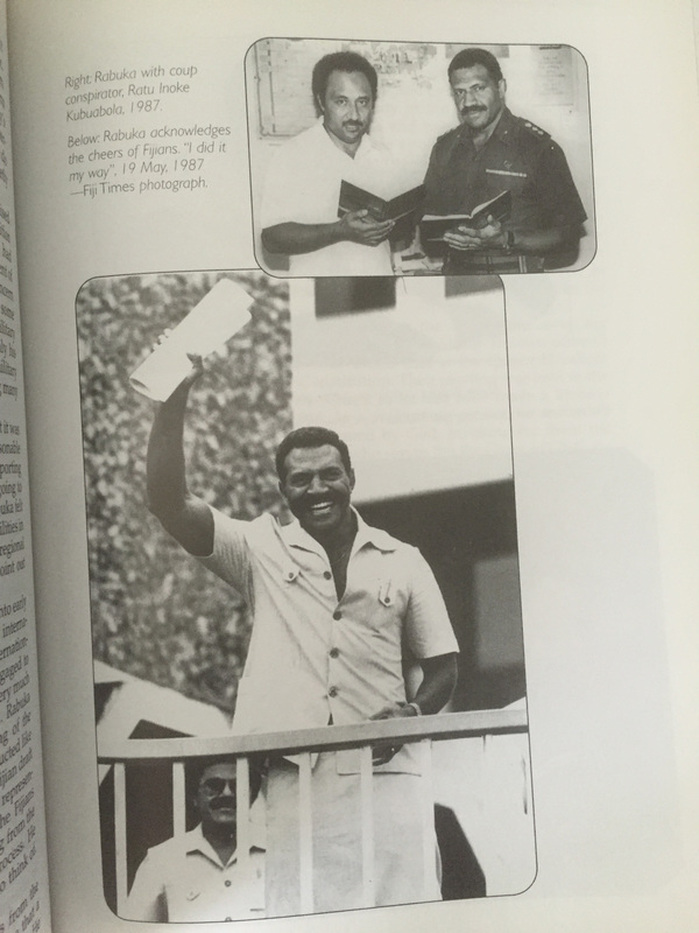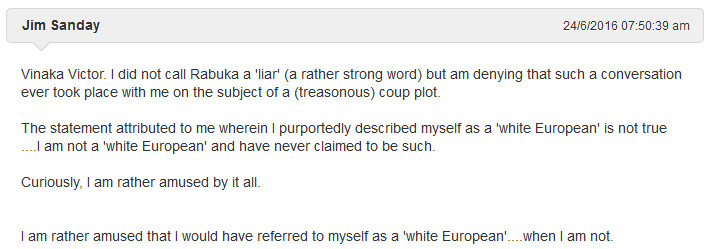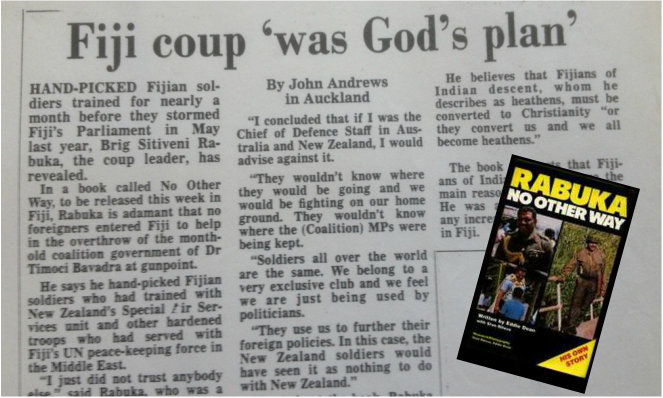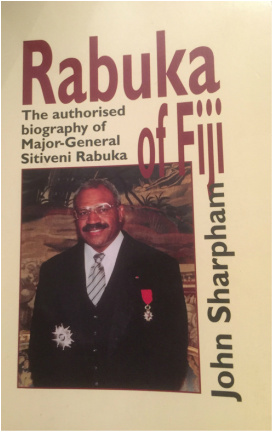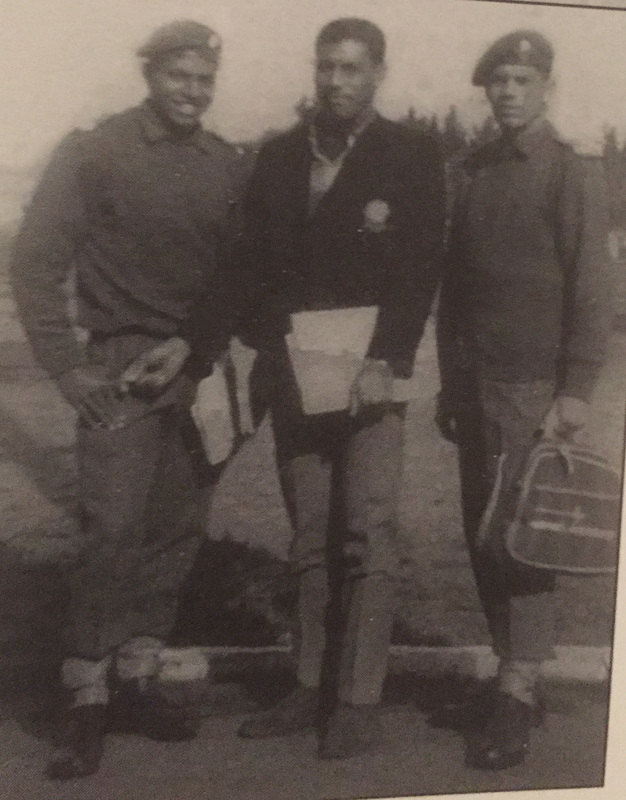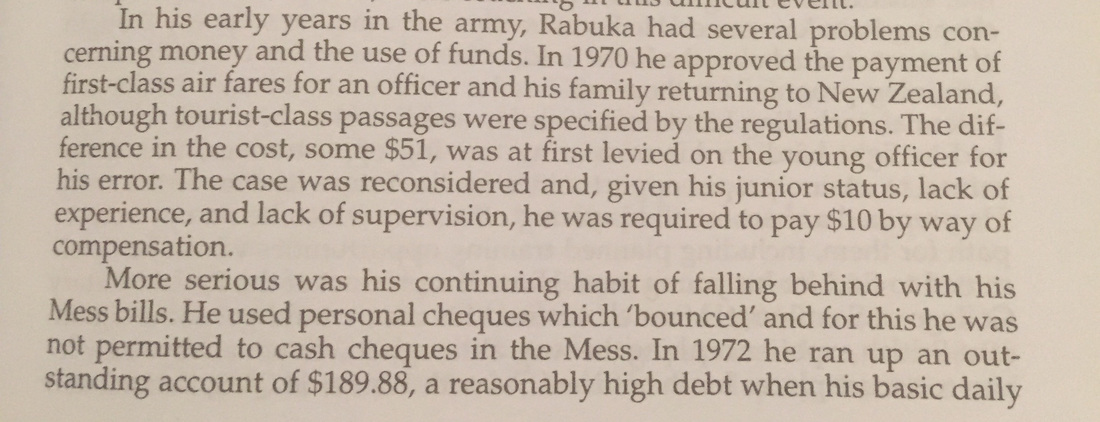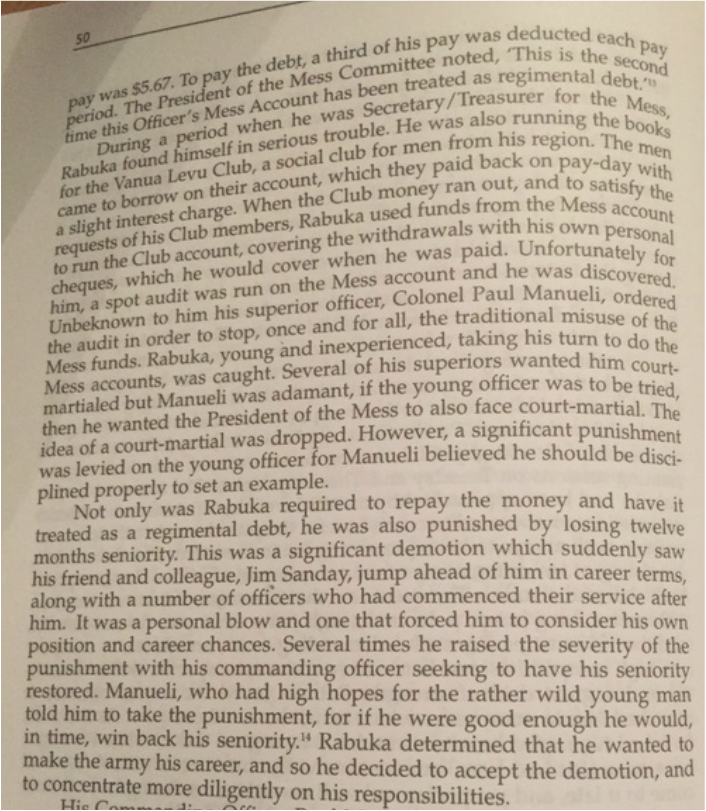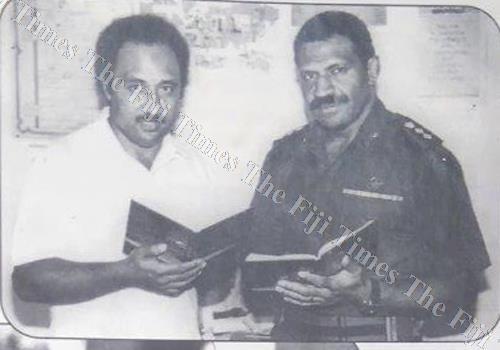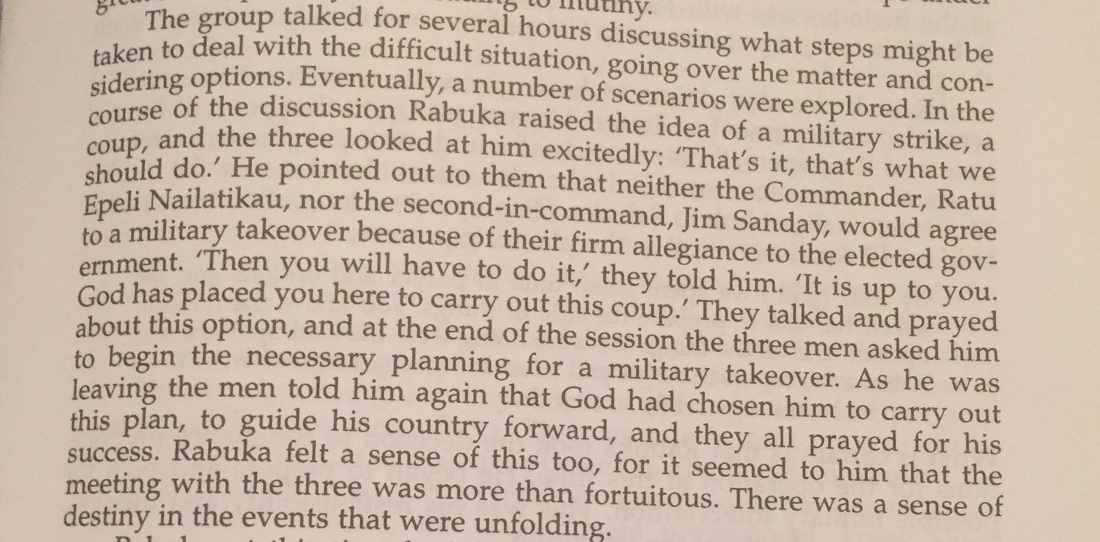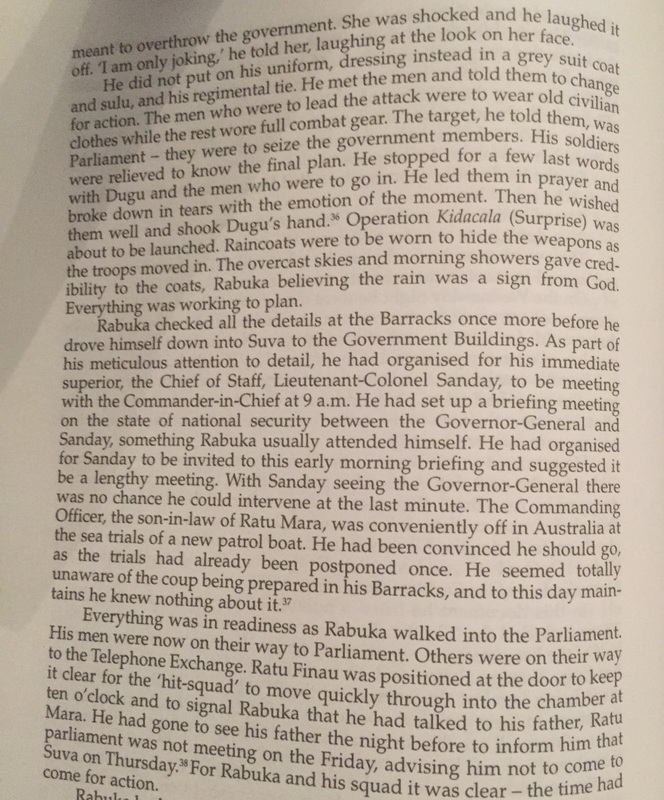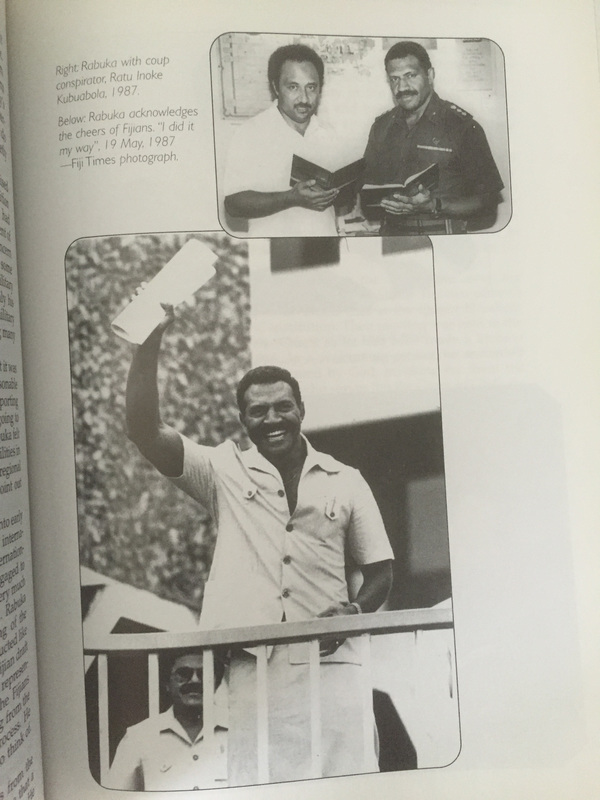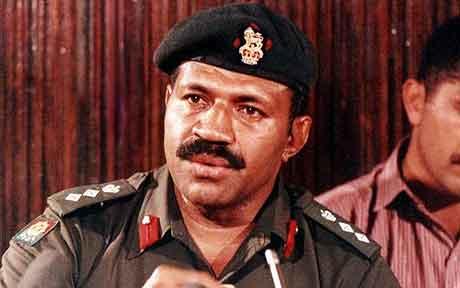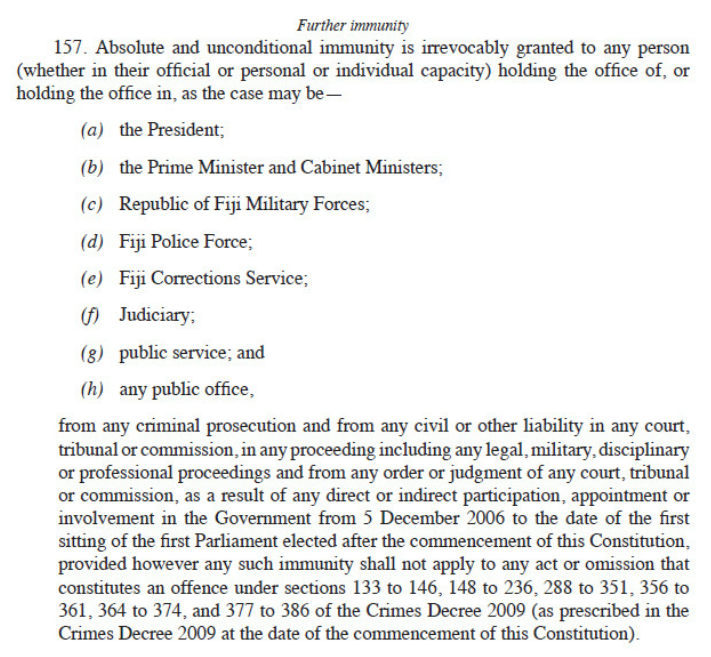Some of the 19 who supported Sitiveni Rabuka to become leader of SODELPA
1. The Youth Rep
2. Nadi Urban
3. Cakaudrove East & West
4. Tui Cakau Lalabalavu
5. Both Naitasiri
6. Tailevu North and South
7. Savenaca Kamikamica
8. Pio Tabaiwalu
9. Ratu Isoa Tikoca
10. Salote Radrodro
11. Lomaiviti
12. Joe Dulakiverata
13. Ratu Jone Kubuabola for Lami
and six others!
2. Nadi Urban
3. Cakaudrove East & West
4. Tui Cakau Lalabalavu
5. Both Naitasiri
6. Tailevu North and South
7. Savenaca Kamikamica
8. Pio Tabaiwalu
9. Ratu Isoa Tikoca
10. Salote Radrodro
11. Lomaiviti
12. Joe Dulakiverata
13. Ratu Jone Kubuabola for Lami
and six others!
"New Party Leader of the Social Democratic Liberal Party Major General (Retired) Sitiveni Rabuka advised the party’s Members of Parliament to never tire of telling the truth and to never back down. Rabuka was speaking after MPs and supporters pledged their support for his leadership at a ceremony on Wednesday June 29 at the party office in Suva.
MPs present included the Tui Namosi Hon. Ratu Suliano Matanitobua, Hon. Ratu Sela Nanovo, Hon. Salote Radrodro (Deputy Whip), Hon. Josefa Dulakiverata, Hon. Aseri Radrodro and Hon. Mosese Bulitavu.
Party Parliamentary Leader Hon. Ro Teimumu Kepa is attending the Commonwealth Women Parliamentarians meeting in New Zealand this week while the Party Whip Hon. Ratu Isoa Tikoca and Hon. Viliame Gavoka are attending a UNDP political stability workshop for Melanesia in Nadi this week. Niko Nawaikula, Mika Leaware and Anare Vadei are visiting constituents outside Suva.
Also pledging their support were former Party President Ratu Silivenusi Waqausa, former RFMF Colonel Sakiusa Raivoce, Ratu Ilaitia Tuisese and other senior party figures. Other senior party members in Fiji and other parts of the world have also pledged their support.
Party stalwart Colonel (Retired) Sakiusa Raivoce presented a sevusevu to the new Leader. The sevusevu presentation was accepted on the party leader’s behalf by senior party member from Bua, Mitieli Bulanauca.
Expressing his gratitude for their support, Rabuka acknowledged the presence of his close former military comrades Ratu Waqausa, Col. Raivoce, and former schoolmates present at the gathering.
Rabuka said that the task before the party is difficult but not impossible and that it can only be tackled together, in unity, “Na icolacola qo, meda colata vata, meda veitokoni taka, meda veitomani vata.” (“Let us work together to tackle the task before us, let us support each other and work together,”) - Salote Radrodro, Facebook
MPs present included the Tui Namosi Hon. Ratu Suliano Matanitobua, Hon. Ratu Sela Nanovo, Hon. Salote Radrodro (Deputy Whip), Hon. Josefa Dulakiverata, Hon. Aseri Radrodro and Hon. Mosese Bulitavu.
Party Parliamentary Leader Hon. Ro Teimumu Kepa is attending the Commonwealth Women Parliamentarians meeting in New Zealand this week while the Party Whip Hon. Ratu Isoa Tikoca and Hon. Viliame Gavoka are attending a UNDP political stability workshop for Melanesia in Nadi this week. Niko Nawaikula, Mika Leaware and Anare Vadei are visiting constituents outside Suva.
Also pledging their support were former Party President Ratu Silivenusi Waqausa, former RFMF Colonel Sakiusa Raivoce, Ratu Ilaitia Tuisese and other senior party figures. Other senior party members in Fiji and other parts of the world have also pledged their support.
Party stalwart Colonel (Retired) Sakiusa Raivoce presented a sevusevu to the new Leader. The sevusevu presentation was accepted on the party leader’s behalf by senior party member from Bua, Mitieli Bulanauca.
Expressing his gratitude for their support, Rabuka acknowledged the presence of his close former military comrades Ratu Waqausa, Col. Raivoce, and former schoolmates present at the gathering.
Rabuka said that the task before the party is difficult but not impossible and that it can only be tackled together, in unity, “Na icolacola qo, meda colata vata, meda veitokoni taka, meda veitomani vata.” (“Let us work together to tackle the task before us, let us support each other and work together,”) - Salote Radrodro, Facebook
